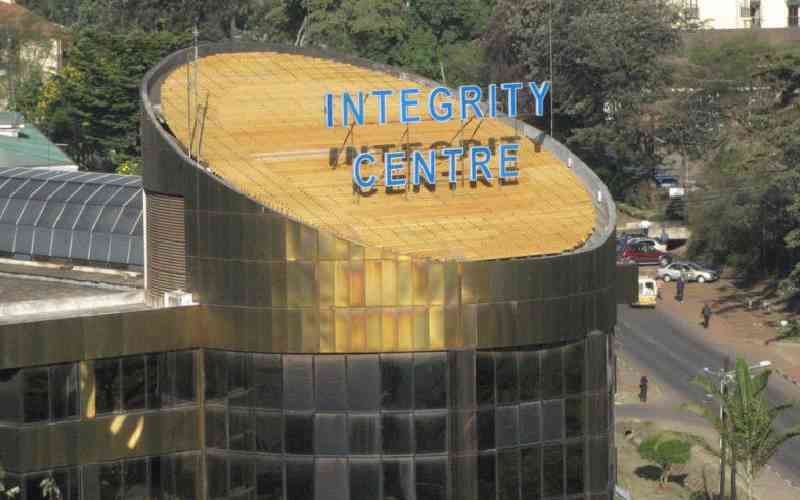×
The Standard e-Paper
Fearless, Trusted News

The Ethics and Anti-Corruption Commission (EACC) has raised the alarm over upsurge of cases of individuals using fake academic papers to secure government jobs.
According to the commission's quarterly report, the cases have been on the rise with a large number of Kenyans using fake degree and diploma certificates to get high profile jobs contrary to Chapter Six the Constitution.